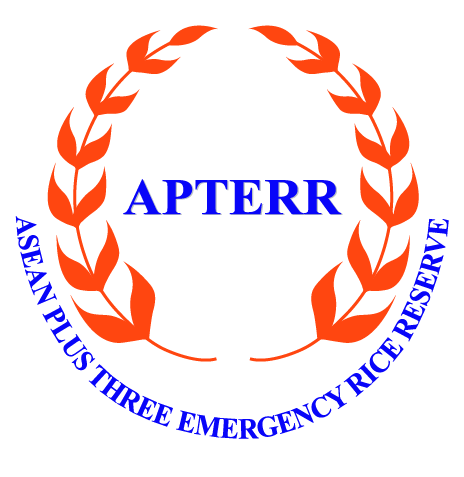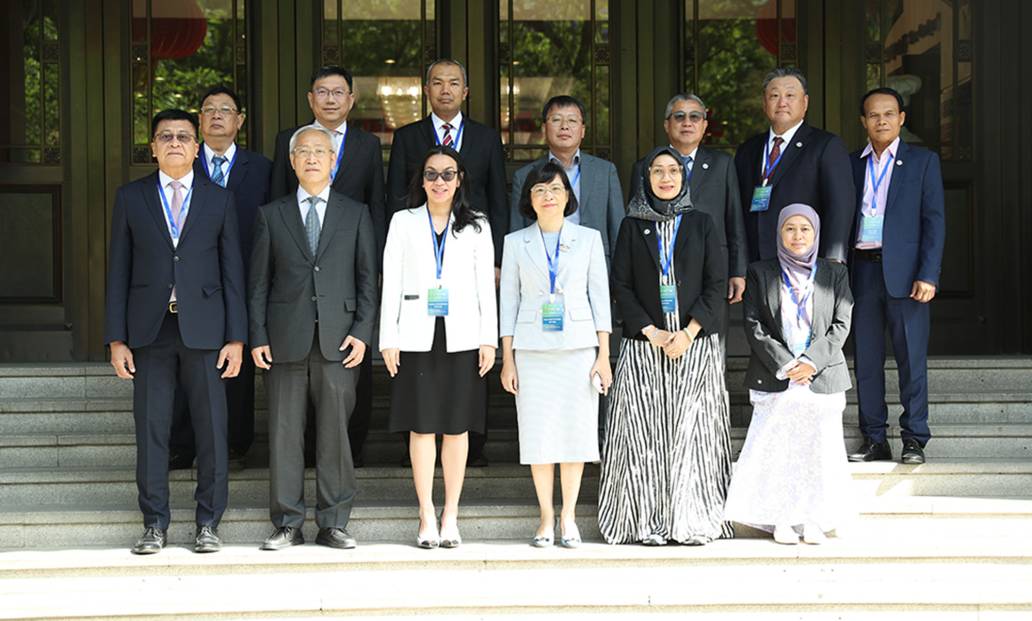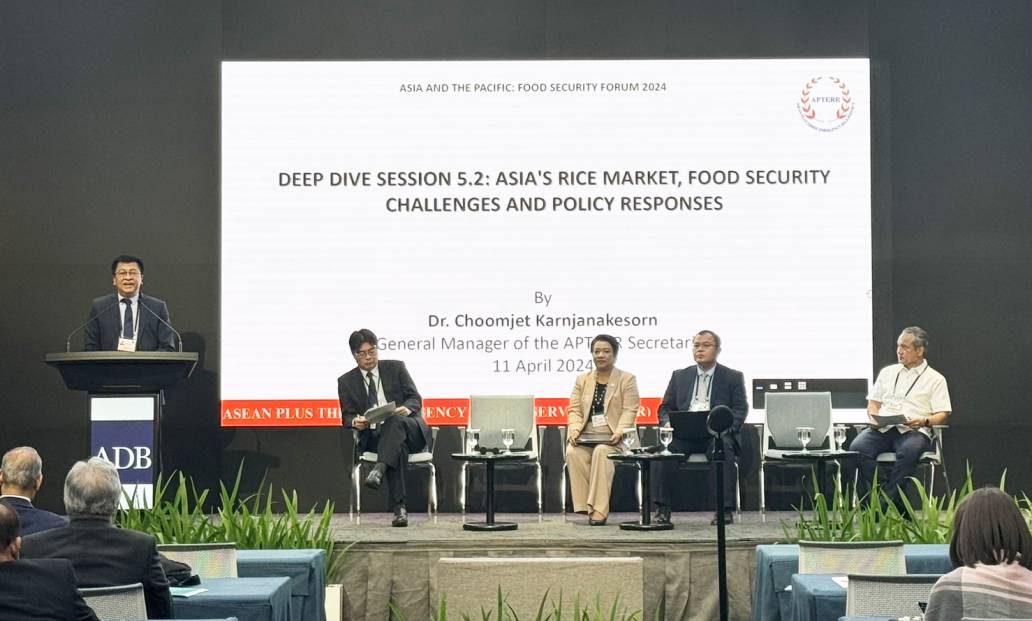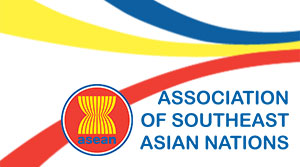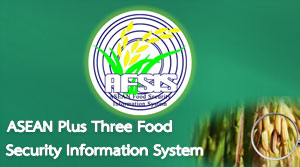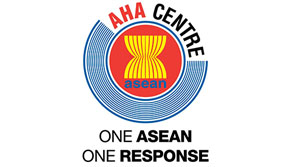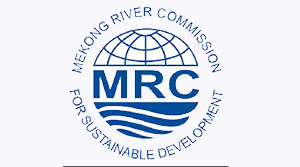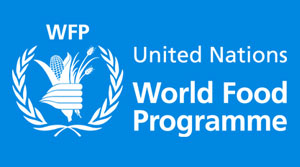
On 26 October 2020, the ceremonial turnover of Japan’s 450-MT contribution to mitigate people’s suffering from the Taal volcano eruption was organised by the National Food Authority (NFA) under the supervision of Administrator Atty. Judy Carol L. Dansal at NFA-Batangas Field Office in Batangas City, the Philippines.
A number of distinguished representatives particularly from the Embassy of Japan in the Philippines by Economic Minister Mr. Hasahiro Nakata, the Department of Agriculture (DA), Department of Social Welfare and Development (DSWD) as well as regional agencies attended this significant ceremony.
Meanwhile, due to the international travel restriction caused by the widespread of the unprecedented COVID-19 pandemic, General Manager of the APTERR Secretariat Mr. Chanpithya Shimphalee sent his message via the online to express his deepest condolement for people’s losses and show his sincere appreciation and gratitude to the Government of Japan, the DA, especially the NFA, the DSWD and relevant agencies for solid support and cooperation to fight against food insecurity caused by the natural calamity. He pledged to closely work with 13 APTERR members in enhancing sustainable food security without leaving no one behind.
The contribution of 425 MT rice generously given by Japan becomes a significant part in rehabilitation programme for supporting more than 570,000 beneficiaries in Region IV and CALABAZON, especially in Batangas municipality to return their normalcy as well as to prevent from food insecurity that may arise during uncertain times of the COVID-19 pandemic. Beside Japan’s generous rice assistance, the Philippines also receives the valuable rice contribution from the Government of the Republic of Korea through the Tier 3 programme for another 1,000 MT. With a total of 1,425 MT, the APTERR rice assistance will minimise people’s sufferings from the Taal volcano eruption and erase risks and concerns on food crisis, especially during this uncertain time of the COVID-19 outbreak.
Photo credit: NFA

